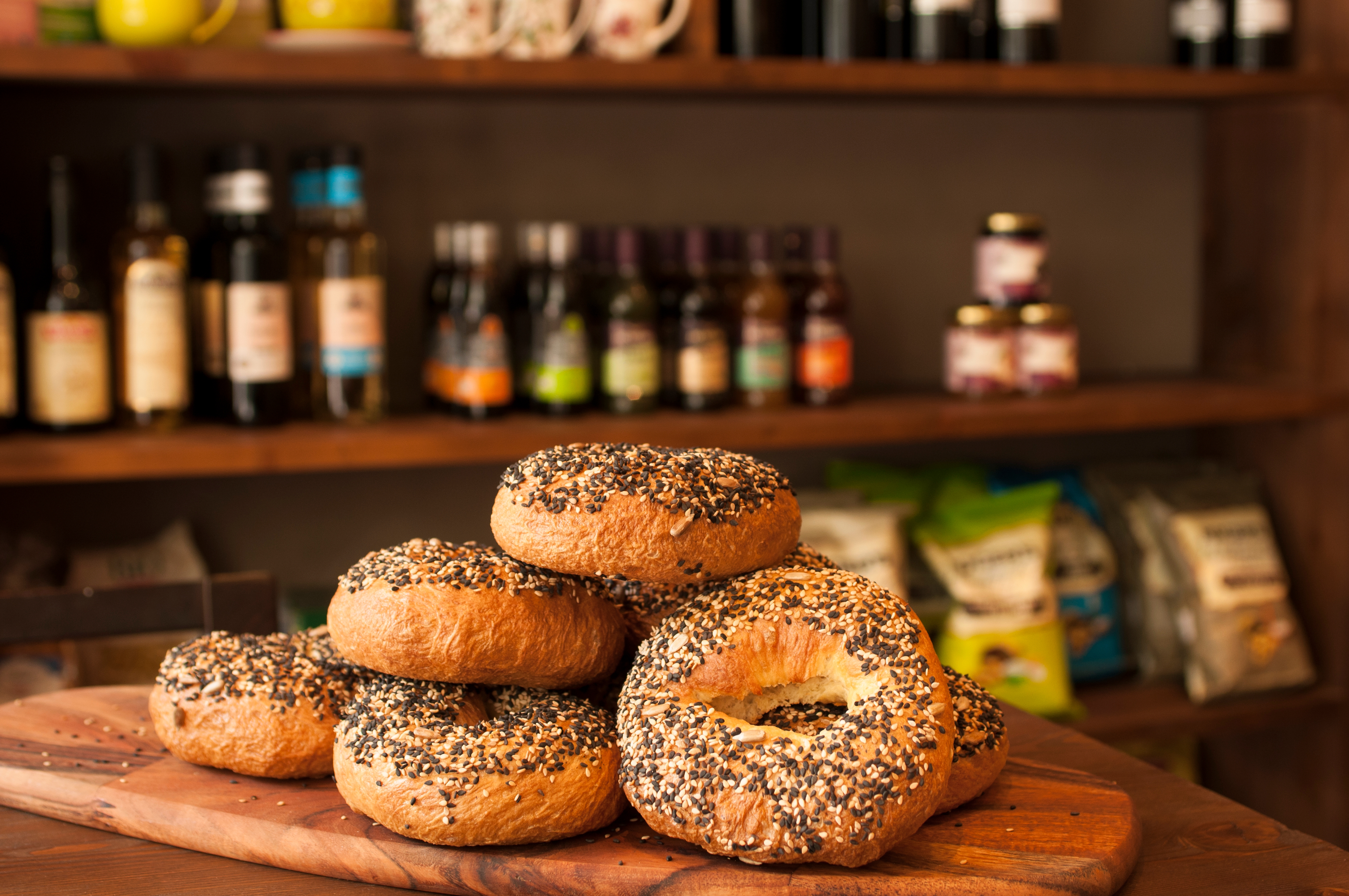Everyday Habits Secretly Sparking Chronic Inflammation in Your Body
3. The Dairy Dilemma

Dairy products are a staple in many diets, but for some individuals, they can be a hidden source of inflammation. Lactose intolerance and dairy allergies are well-known issues, but even those without these conditions can experience inflammatory responses to dairy. This can be due to the presence of certain proteins, such as casein, which can trigger immune responses in sensitive individuals. Additionally, the high saturated fat content in full-fat dairy products can contribute to inflammation. For those who suspect dairy might be an inflammatory culprit, experimenting with dairy-free alternatives can be a valuable step. Plant-based milks, yogurts, and cheeses made from almonds, soy, or oats can provide similar nutritional benefits without the inflammatory effects. By being mindful of your body's reactions to dairy and considering alternatives, you can reduce inflammation and explore new dietary horizons.
4. The Gluten Enigma

Gluten, a protein found in wheat, barley, and rye, is another potential hidden inflammatory trigger. While celiac disease, an autoimmune disorder triggered by gluten, is relatively rare, non-celiac gluten sensitivity affects a significant portion of the population. For these individuals, consuming gluten can lead to inflammation and symptoms such as bloating, fatigue, and joint pain. The exact mechanism of gluten-induced inflammation is still being studied, but it is believed to involve an immune response that damages the intestinal lining. For those suspecting gluten as a culprit, a gluten-free diet can be a revelation. By eliminating gluten-containing foods and opting for naturally gluten-free grains like quinoa, rice, and corn, individuals can often see a reduction in inflammation and an improvement in overall well-being. Understanding your body's relationship with gluten can be a key step in managing inflammation and enhancing your quality of life.
